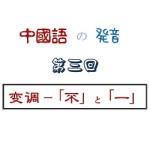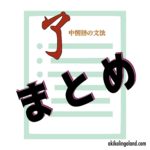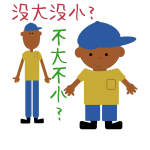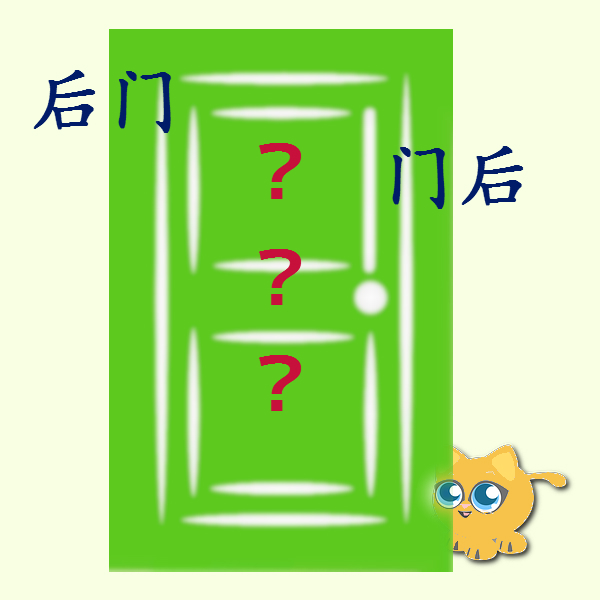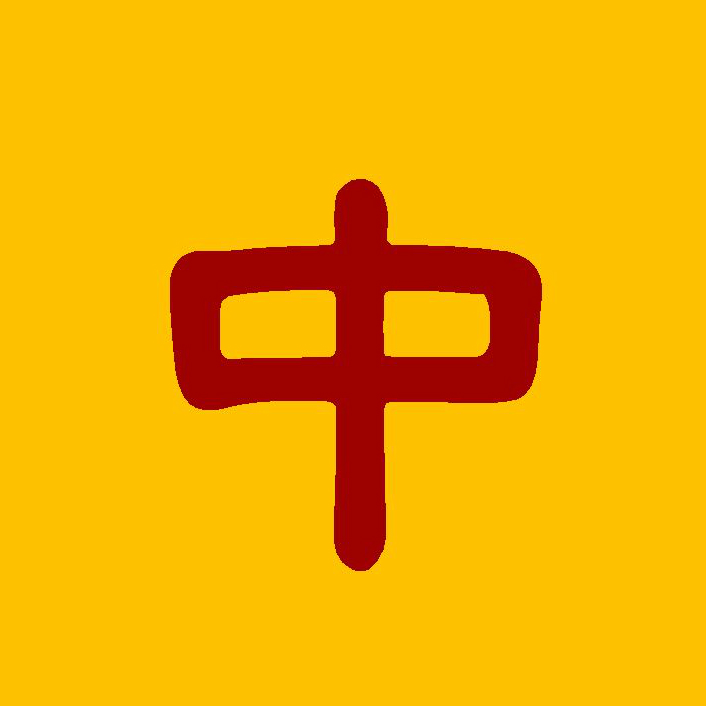Mandarin’s Many Names
(Edited on 2014/04/27)
汉语、普通话、华语、国语、中国话、北京话、中文、华文……
Oh Mandarin! Why do you call yourself by so many names? Confused? This post hopes to help clarify!
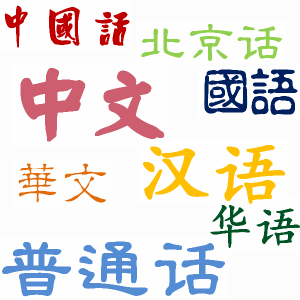
普通话 Pǔtōnghuà/ Mandarin
普通话 Pǔtōnghuà literally means ‘common speech’. It is the standard spoken form of Chinese. In English, it is usually called ‘Standard Chinese’, ‘Standard Mandarin’, or simply, ‘Mandarin’. There are many dialects in Chinese, and often, they are mutually unintelligible. For example, a Cantonese would probably not understand Hokkien, and to a Shanghainese, Teochew sounds pretty alien. Mandarin is based on the northern dialects, which is why it is harder for Southerners, especially those of the older generations, to speak perfect Mandarin. The younger generations, however, have grown up learning Mandarin. When foreigners learn ‘Chinese’, this is usually what they learn, and this is also what would be most helpful.
国语 Guóyǔ/ 华语 Huáyǔ
These two terms also basically mean Standard Chinese. 国语 Guóyǔ is the term used in Taiwan. 国 guó means country, while 语yǔ means language, so this actually means the national language. This term was used in Mainland China in the early part of the last century. It continues to be used in Taiwan, but no longer in Mainland China. 华语 Huáyǔ is what Singapore and Malaysia have adopted (华 Huá is another term that refers to China/ Chinese). It is also used when referring to Chinese songs from all parts of the world in general.
Although strictly speaking, there are differences here and there between 普通话 Pǔtōnghuà, 国语 Guóyǔ and 华语 Huáyǔ, both in pronunciation and in lexicon, but the differences are not so huge that speakers of one group can’t understand those from another group. If you’ve learnt 普通话 Pǔtōnghuà for some time and have got a pretty good feel of the language, you will probably easily hear the differences.
中国话 Zhōngguóhuà
This simply means the spoken language of China, but it seems that this term is rarely used nowadays.
汉语 Hànyǔ
In the narrow sense of the word, 汉语 Hànyǔ means the language of the Han people (as opposed to other ethnic groups in China or languages of other countries), and therefore should also include the various dialects. However in general, when we say someone speaks 汉语 Hànyǔ, this 汉语 Hànyǔ refers to none other than 普通话 Pǔtōnghuà, Mandarin. So when someone says “我说汉语” (Wǒ shuō Hànyǔ – I speak Hànyǔ)/ “我学习汉语” (Wǒ xuéxí Hànyǔ – I learn Hànyǔ), he is referring to 普通话 Pǔtōnghuà, Mandarin.
北京话 Běijīnghuà
This refers to the Beijing dialect. Many people think 北京话 Běijīnghuà is exactly the same as 普通话 Pǔtōnghuà, but as I explained earlier, 普通话 Pǔtōnghuà is the standard speech based on the northern dialects, so 北京话 Běijīnghuà is indeed closer to 普通话 Pǔtōnghuà , but they are not the same thing.
中文 Zhōngwén
This refers to the written form of the language. So if you want to talk about Chinese novels(中文小说 Zhōngwén xiǎoshuō), Chinese newspapers (中文报 Zhōngwén bào), use this term. Even though it actually means the written language, often we use it with the verb ‘speak’. For example, it is common to say 你会说中文吗? (Nǐ huì shuō Zhōngwén ma – Can you speak 中文 Zhōngwén?)
华文 Huáwén
Having come so far, can you guess this? Yup, it refers to written Chinese in Singapore and Malaysia.
I hope this was helpful!
To simplify, 中 zhōng、汉 hàn、华 huá all mean Chinese (erm, they DO have other meanings!), 话 huà、语 yǔ (be careful, these 2 characters look very similar!) refer to the spoken language in general, while 文 wén refers to the written form. And if you just want to remember one that would definitely be useful whichever Chinese community you are in, the safest bet is 普通话 Pǔtōnghuà.
So, 你会说普通话吗?Nǐ huì shuō Pǔtōnghuà ma – Do you speak Pǔtōnghuà (literally, can you speak Pǔtōnghuà) If you don’t, time to consider learning! ^_^

